Heart failure is a serious condition that occurs when the heart cannot pump blood efficiently enough to meet the body’s needs. It affects millions of people worldwide and is a leading cause of hospitalization and mortality. While medication and lifestyle changes are crucial for managing heart failure, diet also plays a significant role in maintaining heart health. In this article, we will explore the five best and five worst foods for individuals with heart failure.
Understanding Heart Failure

Before discussing the best and worst foods, it is essential to understand heart failure and its impact on the body. Heart failure occurs when the heart is weakened or damaged, causing the muscle to work harder to pump blood effectively. This strain can lead to symptoms such as fatigue, shortness of breath, fluid buildup, and decreased exercise tolerance. Causes of heart failure include coronary artery disease, high blood pressure, diabetes, and obesity. In addition to these causes, certain medications can also contribute to heart failure. (1)
Read More: Is Broccoli Better Than Cauliflower? The Real Truth About Cancer Risk, Heart Health and More
5 Worst Foods for Heart Failure

One of the best ways to prevent heart failure is by keeping your heart healthy via a well-balanced diet. While there are plenty of healthy and less-healthy foods to choose from, these are some of the worst for your heart. (2)
1. Sodium-rich Foods
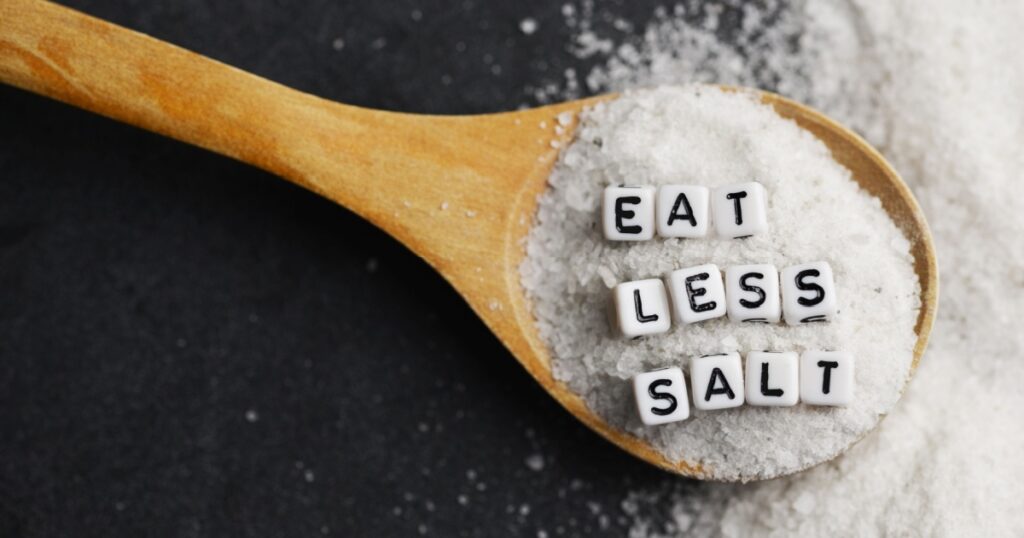
Excessive sodium intake can lead to fluid retention, putting additional strain on the heart. Foods to avoid include processed snacks, fast food, canned soups, and certain condiments.
2. Trans Fats

Trans fats, often found in fried and processed foods, can raise bad cholesterol levels and increase the risk of heart disease. Avoid foods like fried chicken, baked goods, and processed margarine.
3. High-sugar Foods

Consuming too many sugary foods and beverages can contribute to weight gain and increase the risk of conditions like diabetes and heart disease. Limit intake of sugary drinks, desserts, and processed snacks.
4. Red and Processed Meats

These meats are high in saturated fats, which can raise cholesterol levels and increase the risk of heart disease. Limit consumption of red meat, bacon, sausage, and deli meats.
Read More: 12 Heartbreaking Things One Learns When Caring For Elderly Parents in Their Last Days
5. Foods High in Added Preservatives

Processed foods containing added preservatives like nitrates and sulfites can have negative effects on heart health. These ingredients are commonly found in packaged meats, canned foods, and some condiments.
5 Best Foods for Heart Failure

Good nutrition goes a long way, especially when it comes to your heart. These are some of the best foods to keep your heart healthy and prevent heart disease and heart failure. (3)
1. Leafy Green Vegetables
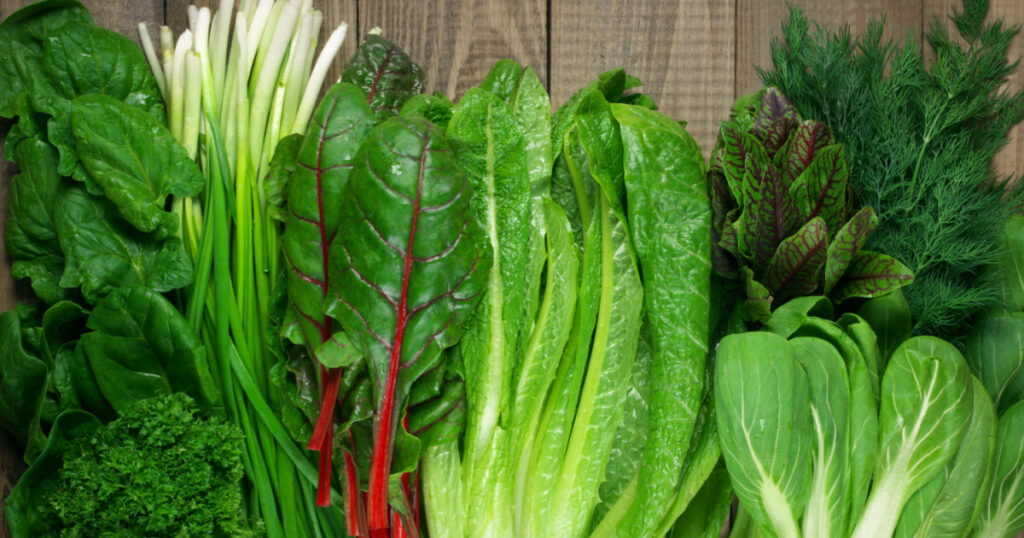
Leafy greens like spinach, kale, and Swiss chard are rich in vitamins, minerals, and fiber. They are low in calories and have been shown to reduce the risk of heart disease.
2. Fatty Fish
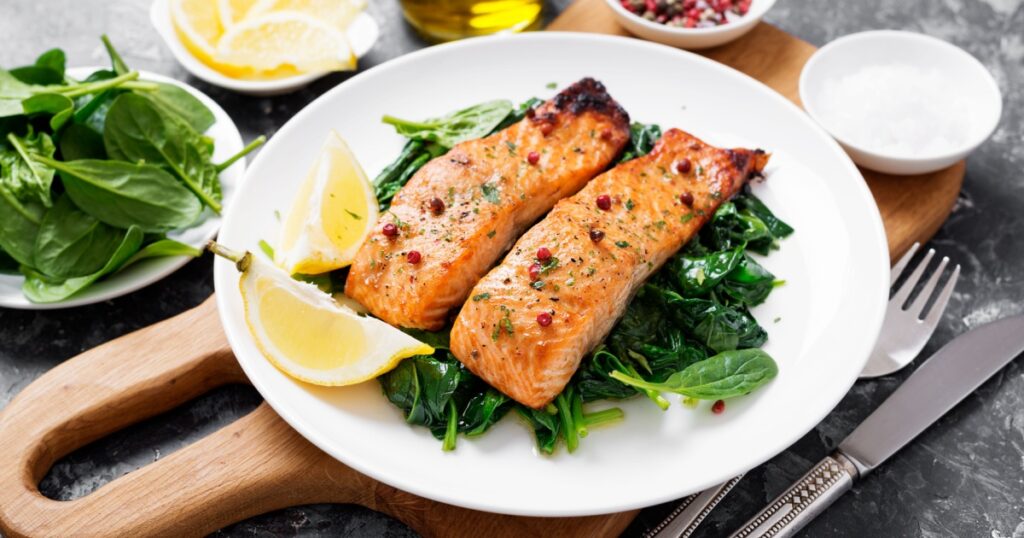
Fatty fish like salmon, mackerel, and sardines are excellent sources of omega-3 fatty acids. These fatty acids have been linked to a lower risk of heart disease and can help reduce inflammation.
3. Whole Grains
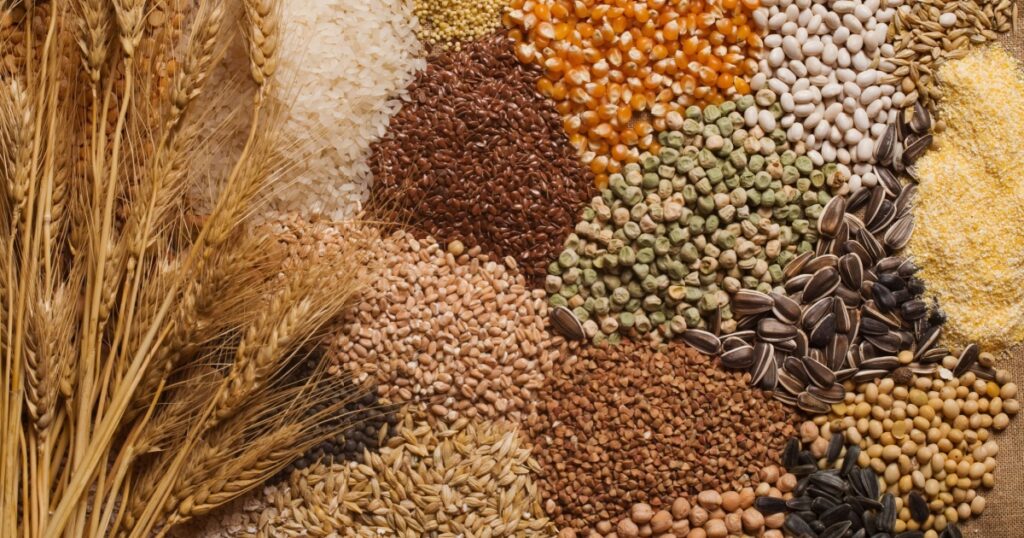
Whole grain products like oats, brown rice, and whole wheat bread are high in fiber and can help reduce cholesterol levels and lower the risk of heart disease.
Read More: Open Heart Surgery May Not Be Your Only Option
4. Berries
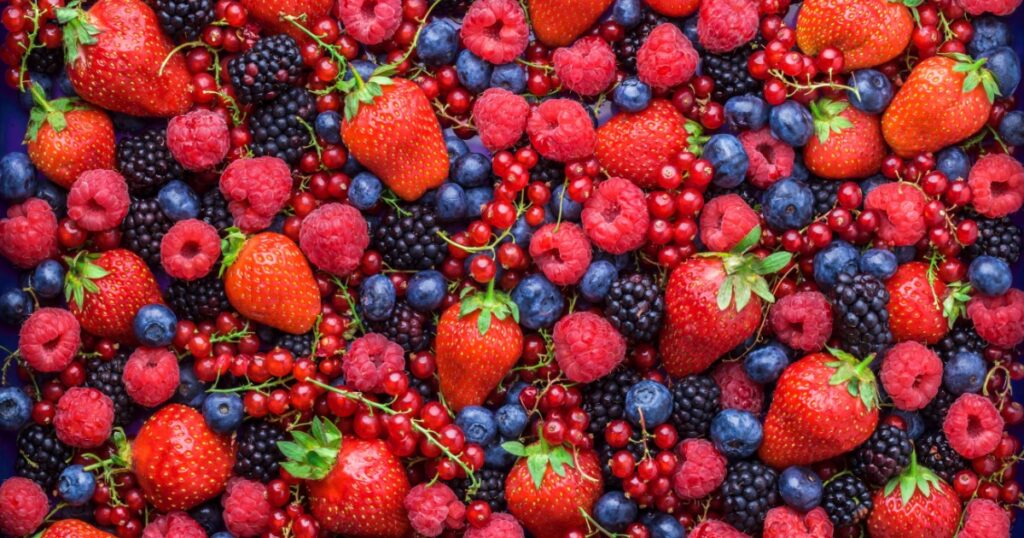
Berries are packed with antioxidants, vitamins, and fiber. They have been associated with a lower risk of heart disease due to their anti-inflammatory properties.
5. Lean Proteins

Opt for lean sources of protein like skinless poultry, beans, and tofu. These protein sources are low in saturated fat and can help maintain heart health.
What Else You Can Do To Keep Your Heart Healthy

In addition to consuming a heart-healthy diet, there are other lifestyle changes that can help manage heart failure and improve heart health (4):
1. Exercise Regularly

Engage in moderate-intensity exercise, as approved by your healthcare provider. Regular physical activity can improve heart function and overall cardiovascular health.
2. Manage Stress

Find healthy ways to relax and manage stress, such as yoga, meditation, or engaging in hobbies that bring you joy.
Read More: Eating This Fruit Has Been Associated With Lower Risk Of Cardiovascular And Coronary Heart Disease
3. Monitor Fluid Intake

Staying hydrated is important, but overhydration is not the answer. Limit fluid intake as advised by your healthcare provider to prevent fluid buildup.
4. Quit Smoking

Smoking damages the blood vessels and increases the risk of heart disease. Quitting smoking can significantly improve heart health.
5. Follow Medication Regimen

Take prescribed medications as directed by your healthcare provider, as they play a crucial role in managing heart failure.
The Bottom Line

Maintaining a heart-healthy diet is vital for individuals with heart failure. Avoiding sodium-rich foods, trans fats, high-sugar foods, red and processed meats, and foods high in added preservatives can help reduce strain on the heart. Instead, focus on consuming leafy green vegetables, fatty fish, whole grains, berries, and lean proteins to support heart health. Alongside a healthy diet, incorporating regular exercise, stress management, fluid monitoring, smoking cessation, and proper medication adherence can greatly improve heart failure management and overall cardiovascular health. Always consult with a healthcare professional for personalized advice regarding your diet and lifestyle choices.
Read More: Study Finds That a Dog’s Heart Rate Jumps When You Say “I Love You” To Them
Sources
- “Heart failure.” Mayo Clinic
- “Avoid These Foods if You Have Heart Failure.” Pen Medicine. August 27, 2020.
- “Preventing Heart Disease.” HSPH
- “Keep Your Heart Healthy.” My Health Finder

